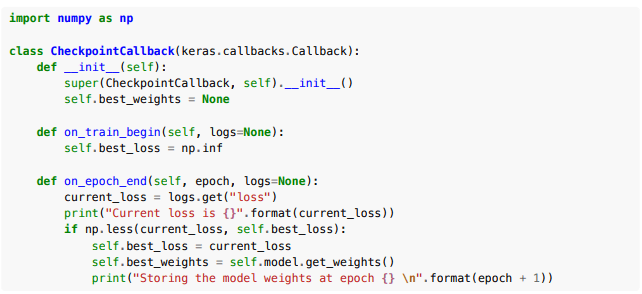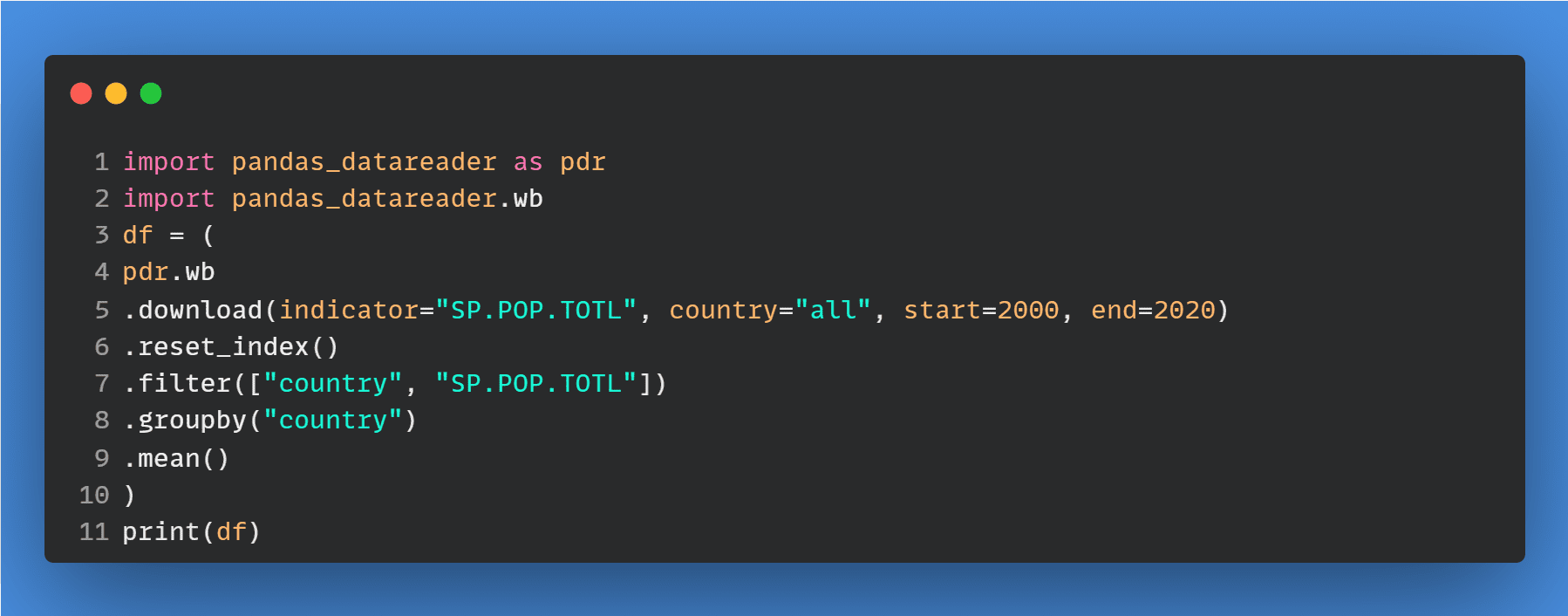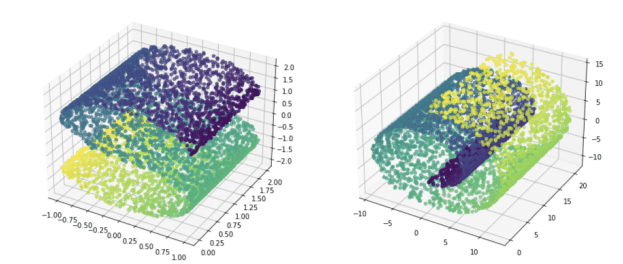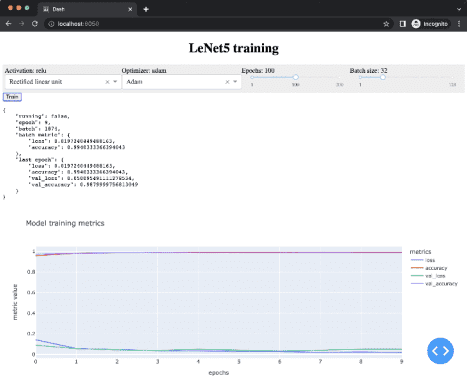Python For Machine Learning: eBook Review
The guide to writing production-ready Python code for machine learning projects.
Editor's note: In the interest of full transparency, Machine Learning Mastery is KDnuggets' sister site. The author was presented a copy of the book in question and granted full autonomy over their review.

Image by Author
Most of the people I know can build, validate, and deploy machine learning models, but they don’t know the basics of Python language. Their primary focus is on model architects instead of learning production-ready coding practices. These software engineering practices are necessary that will make you productive.
Machine learning is all about experiments and iterations of building better solutions. If you can streamline this process by learning unit testing, debugging, logging, linting, documenting, and multi-thread processing, you can improve your data workflow. These practices have become the industrial standard for data science solutions that provide faster and more reliable development and development processes.

Pytest Example From The Book
Python for Machine Learning is for everyone who has limited experience with the Python language but wants to learn more.
The book is divided into 5 sections:
- Foundations: you will learn about Python language features such as list comprehension, decorators, and generators.
- Debugging, Profiling, and Linting: you will learn about logging, debugging documentation, and linting.
- Better Code, Better Software: learning techniques to write better code such as testing, experimenting, command-line arguments, and Serialization.
- Furnish Your Library: exploring the Python ecosystem, web scraping, data visualization, data augmentation, multi processing, web frameworks, and deployment. We will also learn how to download and manage data using API, SQLite, dbm, Excel, and Google Sheets.
- Platforms: Learn about free cloud platforms (Google Colab, Kaggle) for building, validating, and experimenting with machine learning projects.
Things I Love About The Book
The book covers all the necessary topics related to machine learning with code examples. You can follow the tutorial and test it on your local machine. If you ask me, this book is a gateway into the world of machine learning with Python. You can use this book to win Kaggle competitions, develop and deploy your project, collaborate on open source projects, and get a job in top companies.
Most companies want machine learning engineers to understand software development, unit testing, documentation, multi-threading, and logging. Writing clean and readable code will help you and the team to understand the changes you have implemented. You learn to write effective, readable, and faster code for your machine learning projects.
For example, you will learn to write a callback function for your Keras model. It will teach you the fundamentals of functional programming and integrating machine learning frameworks.

Image From The Book | Defining the CheckpointCallback
Other than that, you will learn core concepts of Python syntax and how you can use it to ingest, process, manipulate, and manage datasets.

Example From The Book | Functional Syntax
I love how this book is designed to teach you basic and then advanced concepts. It will prepare you for dealing with issues related to all kinds of machine learning projects. You will learn advanced concepts with step-by-step coding lessons.
Important Topics For Machine Learning Beginners
This book is not about machine learning. I won't teach you the advanced algorithm or core concepts of deep learning. Instead, you will be learning about Python in context to the machine learning process.
For example, you will learn how to use joblib to introduce multiple processes that will improve data processing and model training time.
You will also learn about machine learning operations, such as experiment tracking, model training and deployment, data management, data visualization, Python web frameworks, deep learning frameworks, and free cloud platforms.

Image From The Book | Dataset as generated by make_s_curve() and make_swiss_roll()
Even though the book covers almost all the topics related to Python programming, I have created a list of the topics that are essential for getting a job in the machine learning domain.
Important Topics:
- Language Features in Python
- Python Classes and Their Use in Keras
- Functional Programming in Python
- Logging in Python
- Comments, Docstrings, and Type Hints
- Exception Handling and Debugging
- Experimenting in Python
- Command Line Arguments for Your Python Script
- Unit Testing and Writing Better Code
- Web Scraping in Python
- Getting Datasets for Machine Learning
- Managing Data for Machine Learning Projects
- NumPy, SciPy, and Pandas
- Data Visualization with matplotlib, Seaborn, and Bokeh
- Multiprocessing in Python
- Web Frameworks for Your Python Projects
- Deploying Python Projects
- Google Colab and Kaggle for Machine Learning Projects

Image From The Book | The Dash web app after model training
These topics will help you understand the development and deployment process, experimenting, quality assurance, and streamlining in the machine learning ecosystem.
Conclusion
It is the right time to get into the world of data science and machine learning. There is high demand, and you can earn $120K+ per year - indeed.com. This book will help you learn all the necessary skills to write production-ready code.
In this ebook, I have covered core topics of Python for Machine Learning and gave my opinion. It is for all beginners who have some knowledge about running a Python program and want to learn more about Python functionality and industrial practices.
If you like the review, consider buying a Python for Machine Learning book for $37 or check out amazing tutorials on machinelearningmastery.com.
Check out my other reviews on data science books:
- Pydon’ts – Write elegant Python code: Free Book Review
- SQL Notes for Professionals: The Free eBook Review
- Data Science at the Command Line: The Free eBook
Abid Ali Awan (@1abidaliawan) is a certified data scientist professional who loves building machine learning models. Currently, he is focusing on content creation and writing technical blogs on machine learning and data science technologies. Abid holds a Master's degree in Technology Management and a bachelor's degree in Telecommunication Engineering. His vision is to build an AI product using a graph neural network for students struggling with mental illness.
